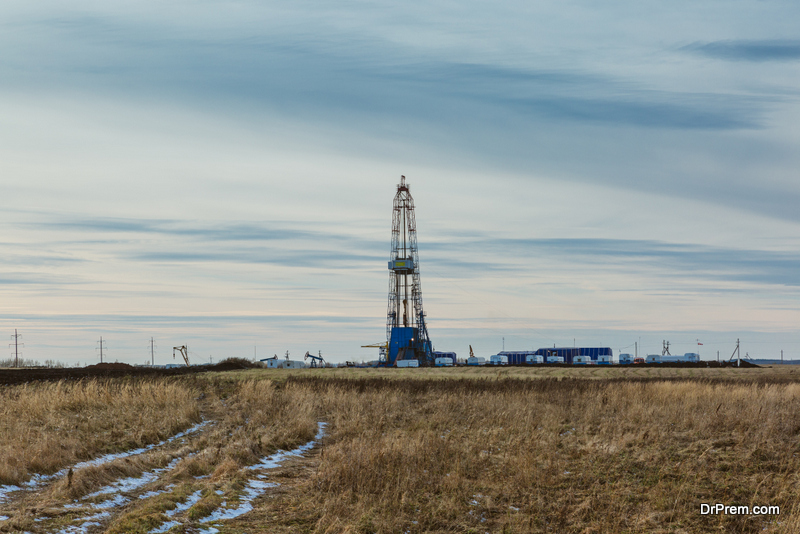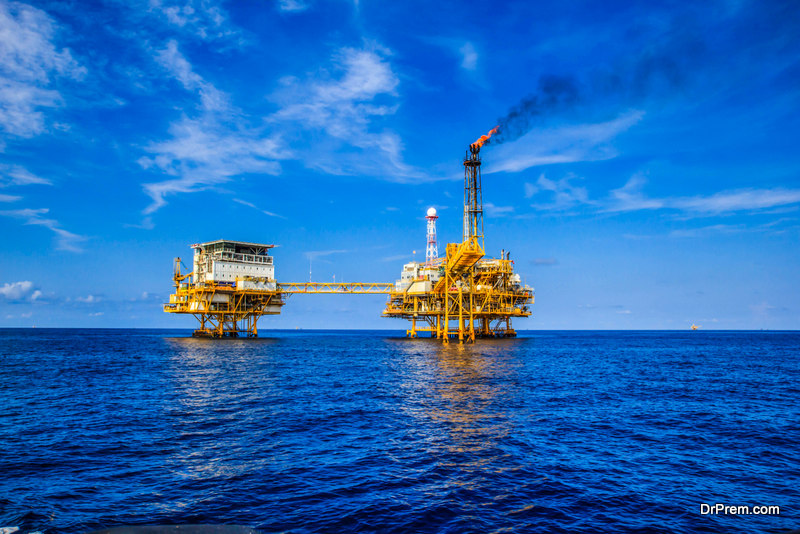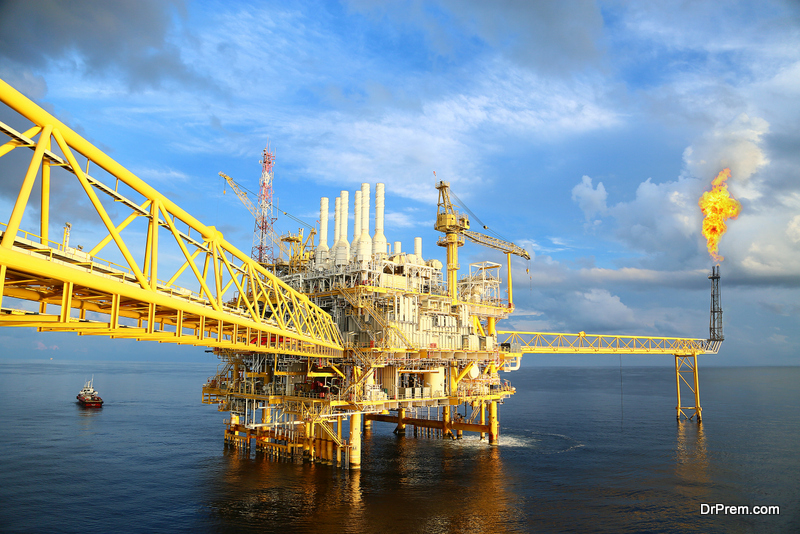In general, there are two main ways of extracting oil and gas: onshore and offshore drilling. Although onshore engineering has been mostly used in the past, people have been investing in offshore more and more in recent years.
In 2015, offshore production was responsible for around 30% of all global oil output, which is significantly higher than it was before. Today, we’re going to take a look at both oil-extraction methods, go through their main differences, and try to see which one works better.
Onshore Engineering
 Onshore engineering refers to all engineering conducted on dry land. The process involves drilling below the earth’s surface and extracting oil. Since the oil can be placed in storage units near the drilling site, onshore drilling involves a lot fewer logistics.
Onshore engineering refers to all engineering conducted on dry land. The process involves drilling below the earth’s surface and extracting oil. Since the oil can be placed in storage units near the drilling site, onshore drilling involves a lot fewer logistics.
On the other hand, the process involves a lot more manpower and machinery and is much slower. The process goes something like this: the engineer instructs the drilling crew to drill below the water table to avoid oil contamination.
Then, the crew pours cement over the hole to prevent oil seepage when the extraction process begins. Afterwards, the drilling continues for a few 100 feet. After the engineer orders them to stop, certain extraction fluids are pumped into to hole to extract the oil.
Offshore Engineering
 As its name suggests, offshore engineering is conducted in the deep ocean waters. Unlike onshore oil drilling, offshore involves a lot more work. It’s history dates back to the 1950s when companies began looking for oil in the ocean at approximately 650 feet deep.
As its name suggests, offshore engineering is conducted in the deep ocean waters. Unlike onshore oil drilling, offshore involves a lot more work. It’s history dates back to the 1950s when companies began looking for oil in the ocean at approximately 650 feet deep.
Over the decades, the companies started going deeper and deeper for the oil. Today, companies typically go 5,000 feet deep to find oil. However, some drilling operations have reached the depths of 10,000 feet.
One of the biggest things offshore engineering allows businesses to do is take control and make use of the data they have. By giving companies real-time insight into their systems, offshore engineers can help companies keep their production costs low and their profits high.
Onshore vs. Offshore: What’s the Difference?
Besides the location, both oil-extracting methods seem to have a lot of similarities. They both have the same goal – to extract oil – and both include the use of such equipment as water/oil separators, drills, and oil pumps.
However, the biggest difference between the two is the amount of oil they produce. Offshore produces a whole lot more. Using offshore engineering, a company can potentially produce 4,000 oil barrels daily. While the process will cost more, it has a larger return on investment.
Which One Works Better?
In the end, which one of these two engineering styles works better? It all depends on the goals your company has set. Companies looking to save some money on operations and produce a modest number of barrels for an extended period can go with onshore engineering. Meanwhile, companies that are more ambitious and want a bigger ROI should definitely look into offshore engineering.
Article Submitted By Community Writer


